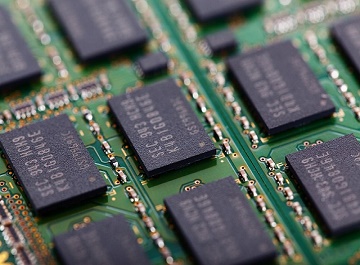An alternative to animals in clinical studies
September 06, 2014 | Saturday | News | By BioSpectrum Bureau
An alternative to animals in clinical studies
Researchers believe this technology could potentially save 90 million animals
Researchers are developing smartphone-sized microchips replicating human lungs, liver and other organs. These will mimic the human body's reaction to new drugs. They will also study the responses of the body to substances inhaled, absorbed in the gut or circulated through the bloodstream.
They are branded as 'human on a chip' and developers hope to create 'human farms' to replace the controversial technique of live animal testing.
The 'humans-on-a-chip' are comprised of several hundred different artificial organs. These organs work together to replicate an organic body functioning of a live human. These can be utilised to test everything from cosmetic products to the latest cancer drugs. The new system would save 90 million animals, which are being used every year as test subjects in clinical trials.
Researchers claim that this technology could be available within three years.
"If our system is approved by the regulators, then it will close down most of the animal-testing laboratories worldwide," said Mr Uwe Marx, a tissue engineer from Technische Universitat, Berlin and founder of TissUse, a firm developing the technology.
This will also help in avoiding unforeseen effects, which are not detected during clinical trials on animals.









